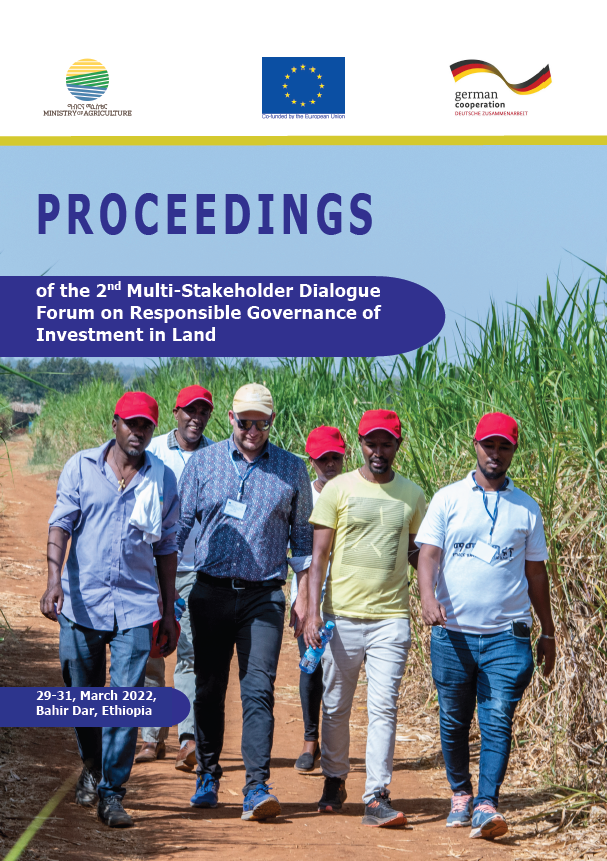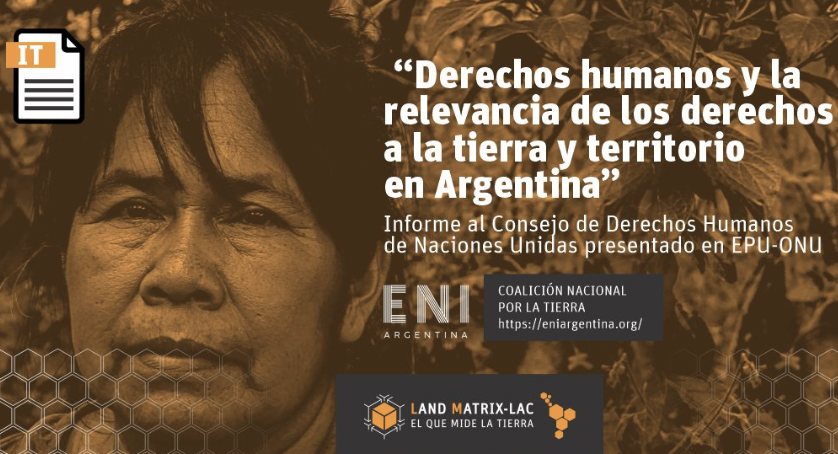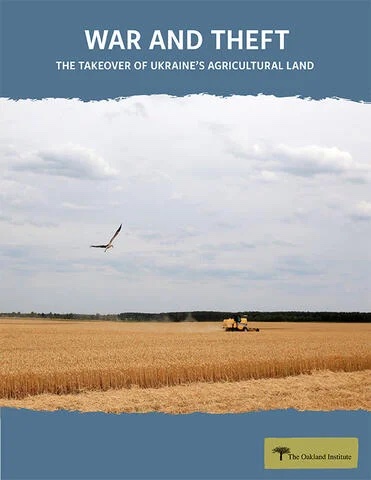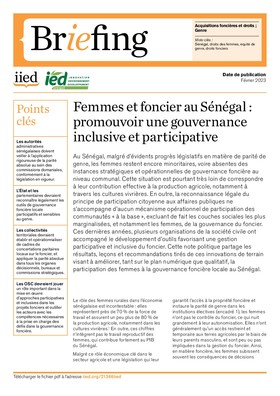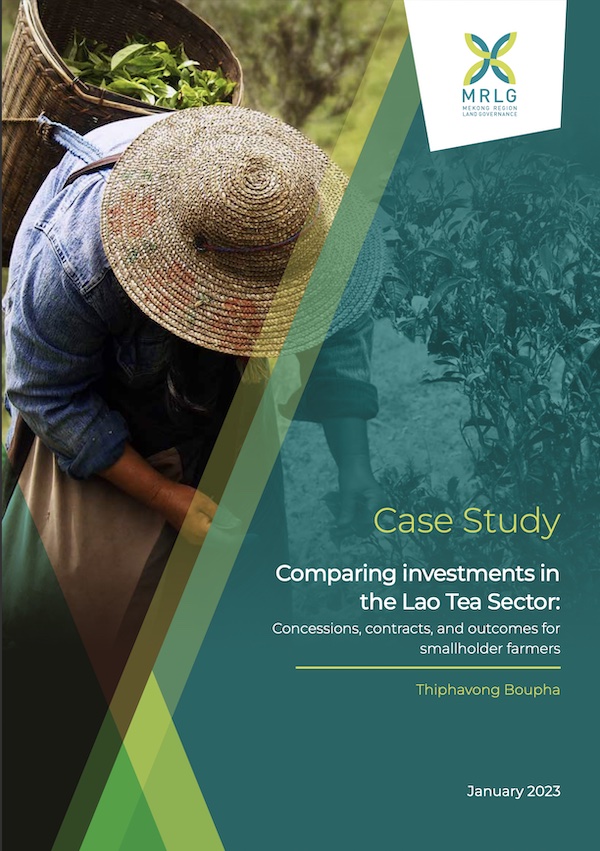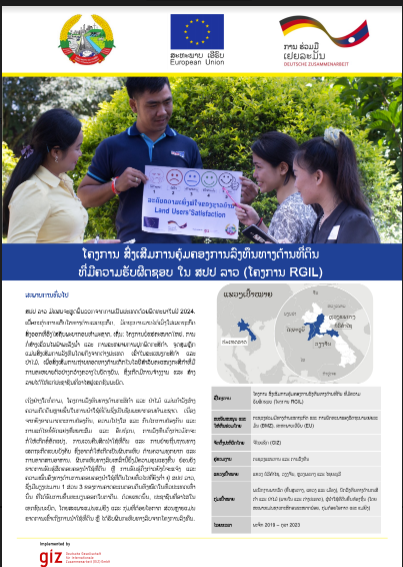Proceedings of the 2nd Multi-Stakeholder Dialogue Forum on Responsible Governance of Investment in Land
The second Multi-Stakeholders Dialogue Forum (MSD 02) was held from 29 to 31 March 2022 in Bahir Dar city, the capital of the Amhara region. The MSD Forum brought together 115 representatives of government officials, technical experts, investors, local community representatives, development partners, and the media in order to find solutions to the various challenges in the governance of largescale agricultural investments in Ethiopia. The three-days MSD meeting included presentations, group work and field visits.

